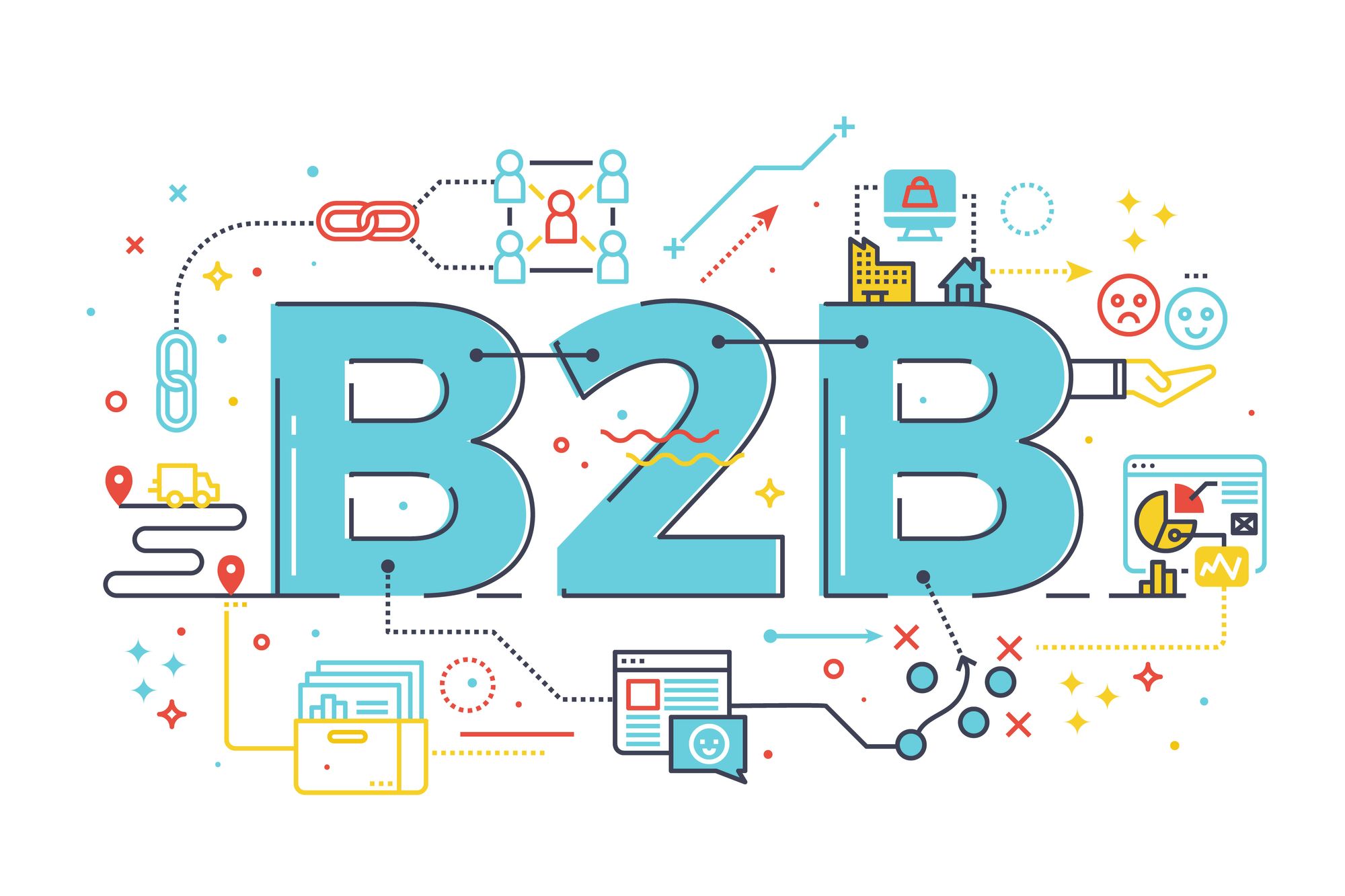B2B
What is B2B (Business to Business)?

Definition:
“B2B” or “Business to Business” in the realm of commerce refers to transactions and interactions that occur between businesses. This type of commerce involves the exchange of products, services, or information between two or more businesses rather than between a business and individual consumers. B2B transactions play a crucial role in the supply chain, supporting the operations and growth of various industries.
Analogy:
Think of B2B transactions as the backstage operations in a theater production. While the audience sees the final performance, numerous interactions and exchanges happen behind the scenes among suppliers, manufacturers, and distributors. Similarly, B2B interactions occur between businesses to ensure the smooth flow of goods, services, and information that eventually reaches end consumers.
Further Description:
B2B transactions encompass a wide range of activities, including wholesale trade, manufacturing, and professional services. These transactions often involve larger quantities, longer sales cycles, and more complex decision-making processes compared to B2C (Business to Consumer) transactions. B2B relationships may involve negotiations, contracts, and ongoing partnerships that contribute to the success of both businesses involved.
Why is B2B Important?
B2B transactions are the backbone of the global economy, supporting the production and distribution of goods and services. Businesses rely on each other for raw materials, components, expertise, and various support services. Establishing strong B2B relationships fosters collaboration, innovation, and efficiency, ultimately contributing to the growth and sustainability of participating businesses.
Examples and Usage:
Manufacturing: A company that produces electronic devices may source components from different suppliers, engaging in B2B transactions to acquire the necessary materials.
Professional Services: A marketing agency may provide its services to another business looking to enhance its online presence, establishing a B2B relationship.
Technology Solutions: An enterprise software company may sell its products to another business seeking advanced solutions for its operations.
Supply Chain Partnerships: Companies involved in the production of a final product may engage in B2B partnerships to ensure the timely and efficient delivery of components.
Basically, B2B transactions involve the exchange of products, services, or information between businesses. These interactions are fundamental to the functioning of various industries, ensuring the availability of resources and expertise needed for business operations.
For example, a technology company may collaborate with a logistics provider through B2B transactions to optimize its supply chain and distribution processes, leading to improved overall efficiency.
Key Takeaways:
- B2B (Business to Business) refers to transactions and interactions that occur between businesses rather than between businesses and individual consumers.
- B2B transactions are crucial for the supply chain, involving the exchange of products, services, or information.
- These transactions often involve larger quantities, longer sales cycles, and more complex decision-making processes compared to B2C transactions.
- B2B relationships contribute to collaboration, innovation, and efficiency, supporting the growth and sustainability of businesses.




